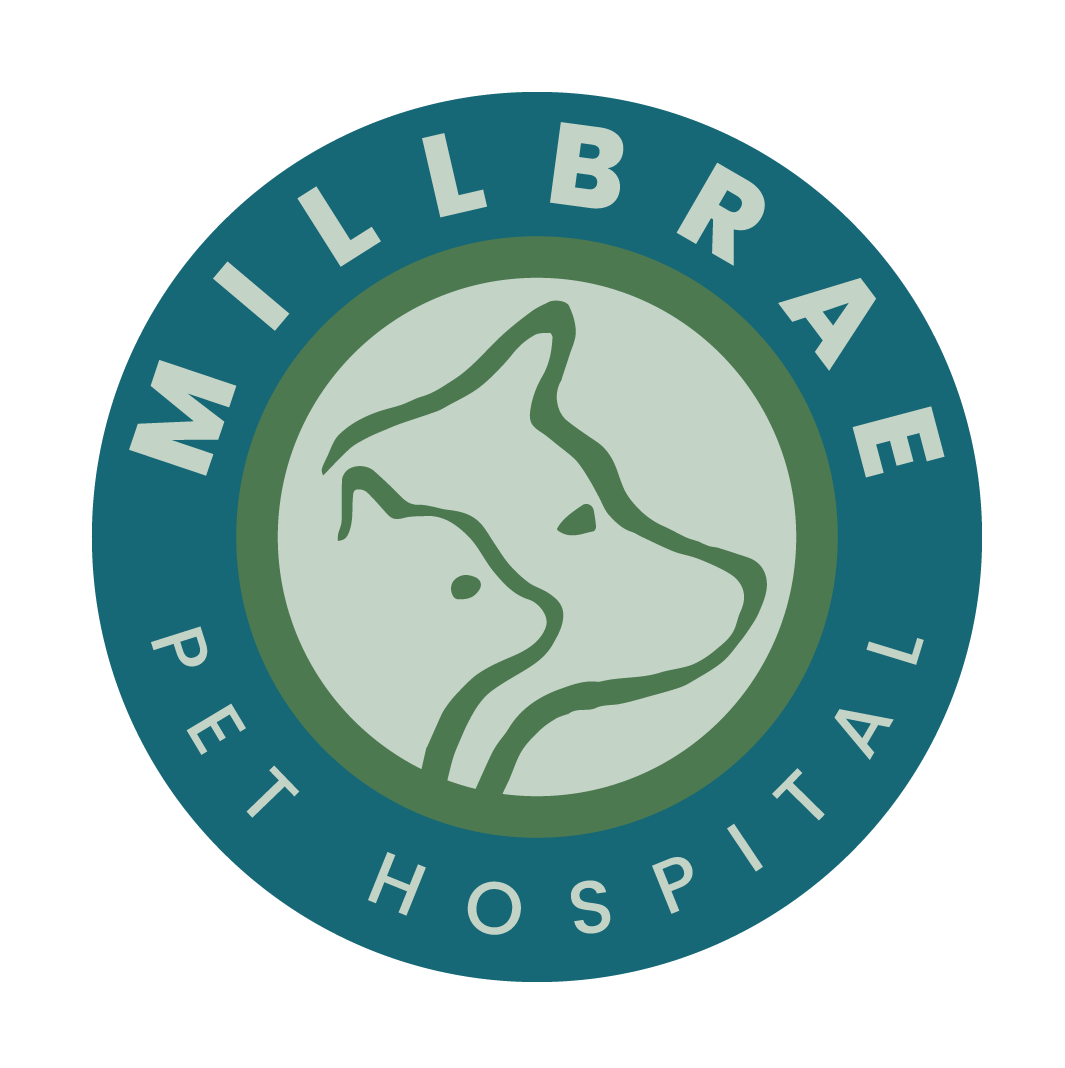How to Identify, Treat, and Prevent Hot Spots in Pets
When your pet experiences intense itching that makes their skin feel like it’s on fire, they may scratch, lick, and chew so vigorously that they create what is known as a hot spot. Help your furry companion find relief from the itch by gaining a better understanding of these highly uncomfortable sores.
What are hot spots in pets?
Hot spots, also referred to as acute moist dermatitis or pyotraumatic dermatitis, are inflamed sores that develop on a pet’s skin. These spots often appear seemingly overnight and can rapidly evolve into oozing, painful wounds that cause extreme discomfort for your pet.
What causes hot spots in pets?
Hot spots typically stem from skin inflammation triggered by environmental factors, flea allergies, or food allergies. However, anything that leads your pet to excessively lick, chew, or scratch an area to the point of raw skin can be a contributing factor.
Hot spots can be brought on by:
- Ear infections
- Skin infections
- Matted fur
- Urinary tract infections
- Anal gland issues
How are hot spots in pets treated?
Taking prompt action is crucial in treating your pet’s hot spots to prevent deep skin infections. Once you notice a small area of inflammation, it is essential to place an Elizabethan collar (also known as an e-collar) on your pet to prevent further irritation.
When you bring your pet to our hospital for hot spot treatment, we may administer sedation along with a potent analgesic medication, as hot spots can be incredibly painful to the touch. Once your pet is comfortable, we will carefully clip away any matted fur to allow adequate airflow to the affected area. Wet and tangled fur provides an ideal environment for infection, so its removal is necessary for the hot spot to heal.
We will gently cleanse the area using an antiseptic rinse to flush out fur and debris, and then apply topical medications to the clean and dry skin to alleviate the itchiness and address the infection. Further treatment will depend on the underlying cause of the hot spot, and we may recommend allergy treatment, anal gland expression, ear medication, regular grooming, or other appropriate therapies.
If you notice an irritated and inflamed area on your pet’s skin, it is important not to delay. Please contact our team to schedule an appointment before a minor irritation escalates into a large and painful hot spot.

